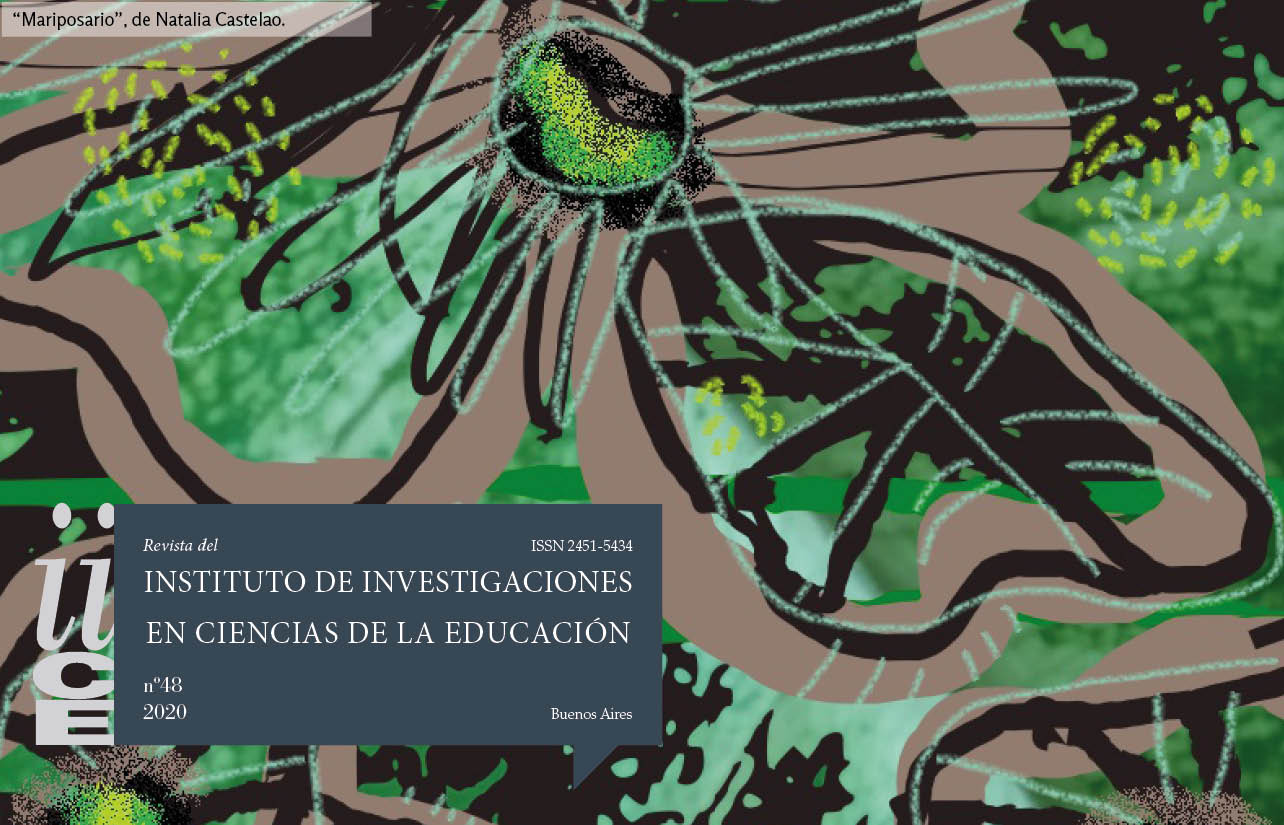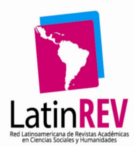Teaching work in Vaca Muerta: conditions, senses and tensions from slaughter areas
Keywords:
teaching work, extractivism, hegemony, political networks
Abstract
The Vaca Muerta fracking megaproject has been deployed in Argentina’s North Patagonian region for a decade. Even though the region’s deep territorial transformations permeate the educational field, the question of what are the implications of educating in these sacrifice zones remains opaque before the hegemonic developmentalist narrative. Based on studies addressing teachers’work and educational policies, and on teachers’ perceptions of the dynamics of this unconventional oil enclave, we seek to describe and understand the main conditions, senses and tensions that manifest in the Vaca Muerta’s school work. From the qualitative logic of the investigation, it is essential to listen, document and analyze the voices of the teachers who carry out their work practices in these territories. Data collected from semi-structured interviews are analyzed using the constant comparative method. In view of the strategic silencing, the “constant confinement” and the multiple tensions that emerge in the process of teaching in Vaca Muerta we consider that —in keeping with the dynamics of the ecoterritorial turn— the construction and dissemination of knowledge about these problems is fundamental to sensitize, problematize, and contribute to resistance processes to put forward sustainable alternatives to maldevelopment in Latin America.Downloads
Download data is not yet available.
Published
2020-11-30
How to Cite
Penas, E. P., & Laurente, M. J. (2020). Teaching work in Vaca Muerta: conditions, senses and tensions from slaughter areas. Revista Del IICE, (48). https://doi.org/10.34096/iice.n48.10213
Issue
Section
Artículos convocatoria permanente











